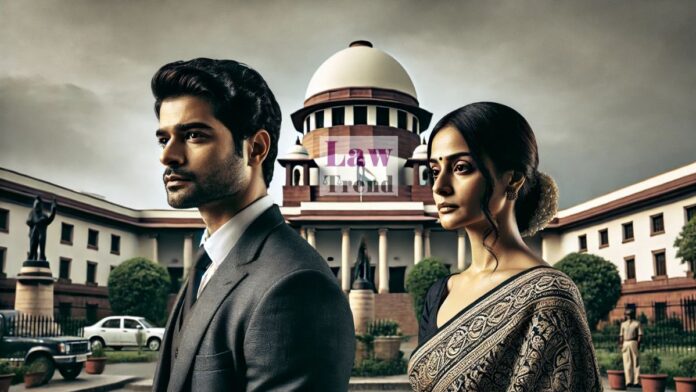The Supreme Court has observed that before a Court concludes that a marriage has irretrievably broken down due to separation, it is imperative to determine which spouse is responsible for the separation. The Bench, comprising Justice Surya Kant and Justice Joymalya Bagchi, set aside a judgment passed by the Uttarakhand High Court which had granted
To Read More Please Subscribe to VIP Membership for Unlimited Access to All the Articles, Download Available Copies of Judgments/Order, Acess to Central/State Bare Acts, Advertisement Free Content, Access to More than 4000 Legal Drafts( Readymade Editable Formats of Suits, Petitions, Writs, Legal Notices, Divorce Petitions, 138 Notices, Bail Applications etc.) in Hindi and English.




